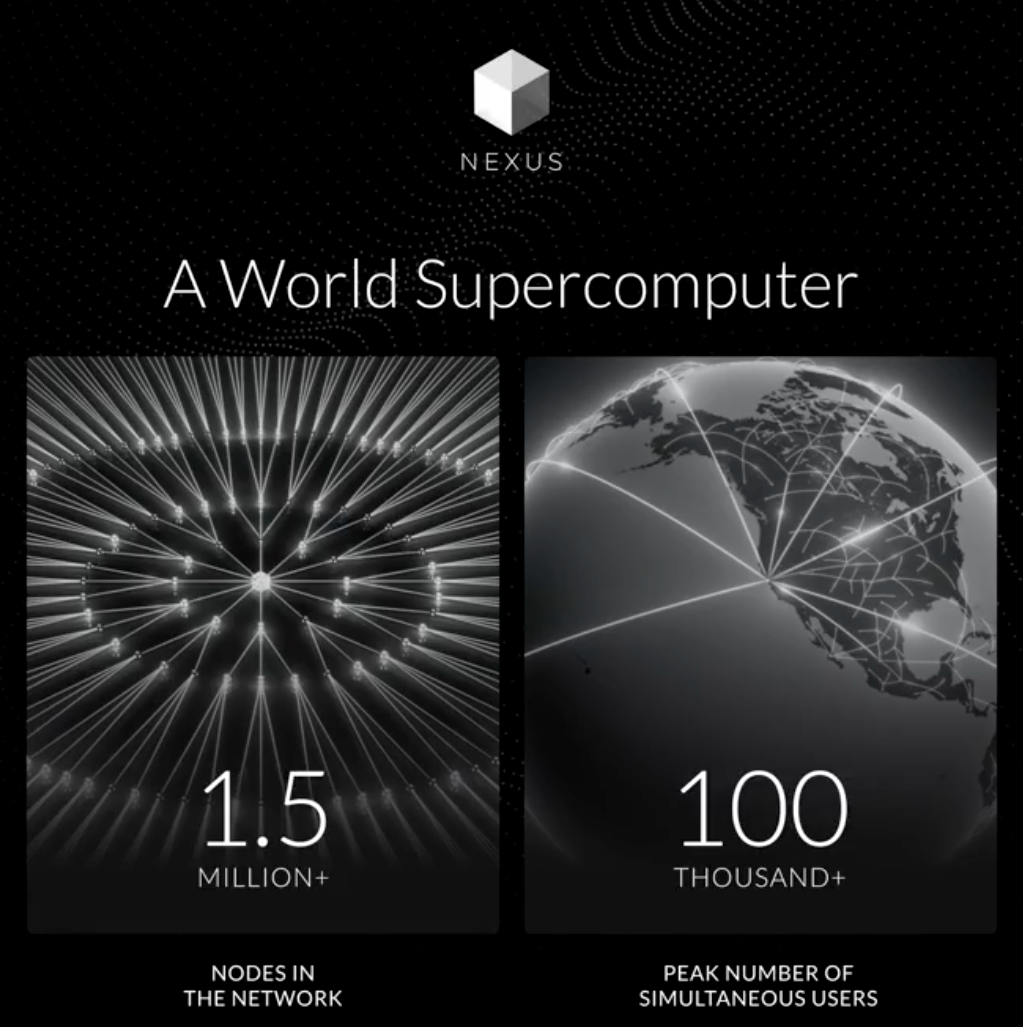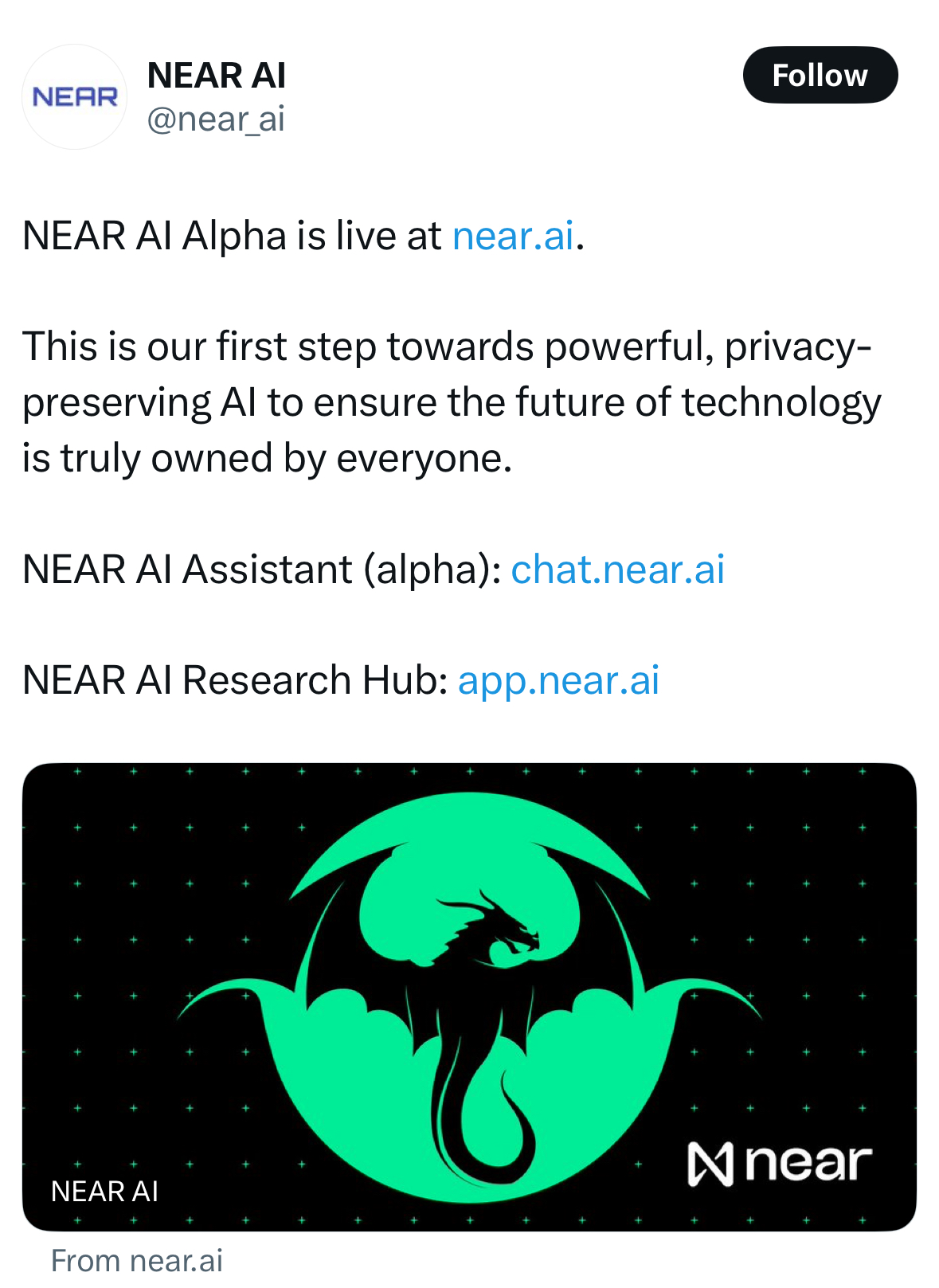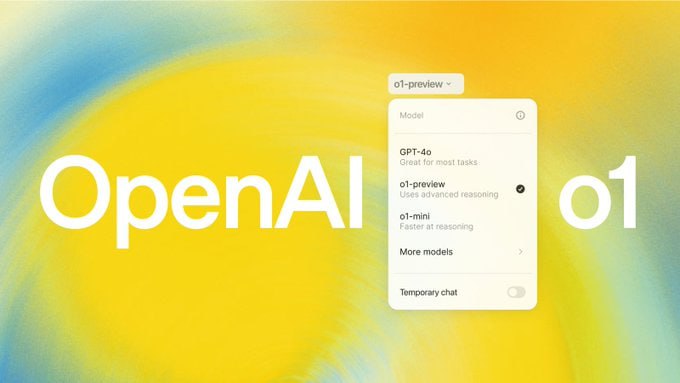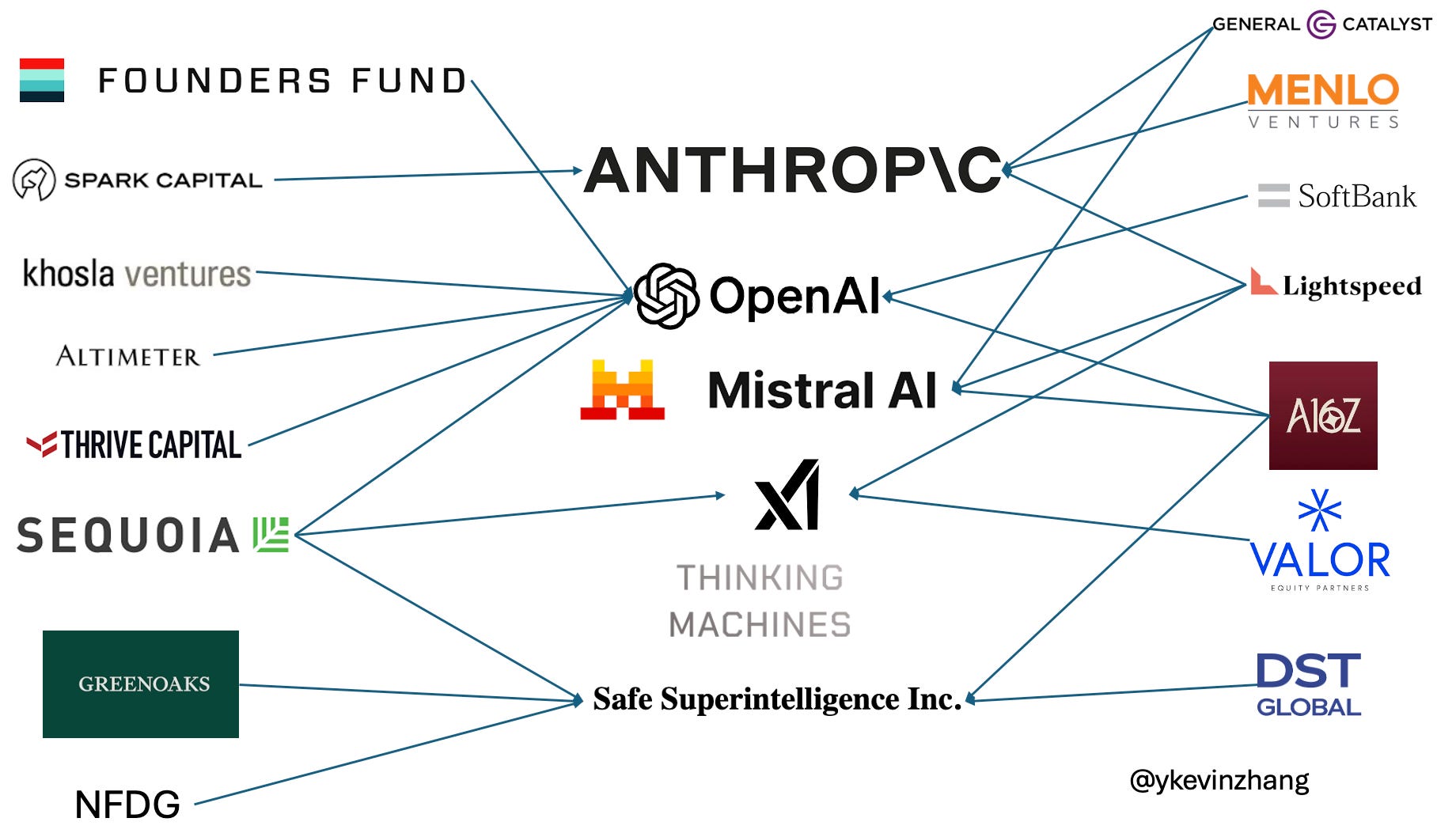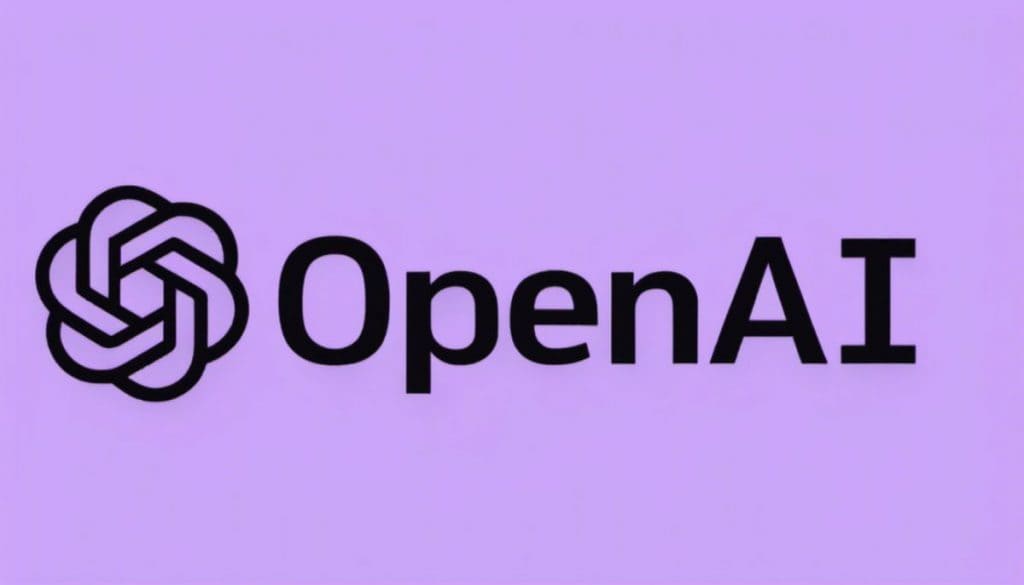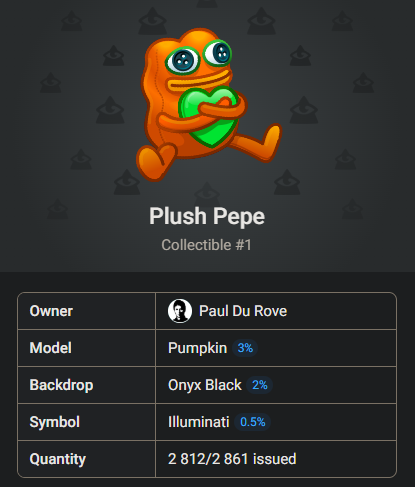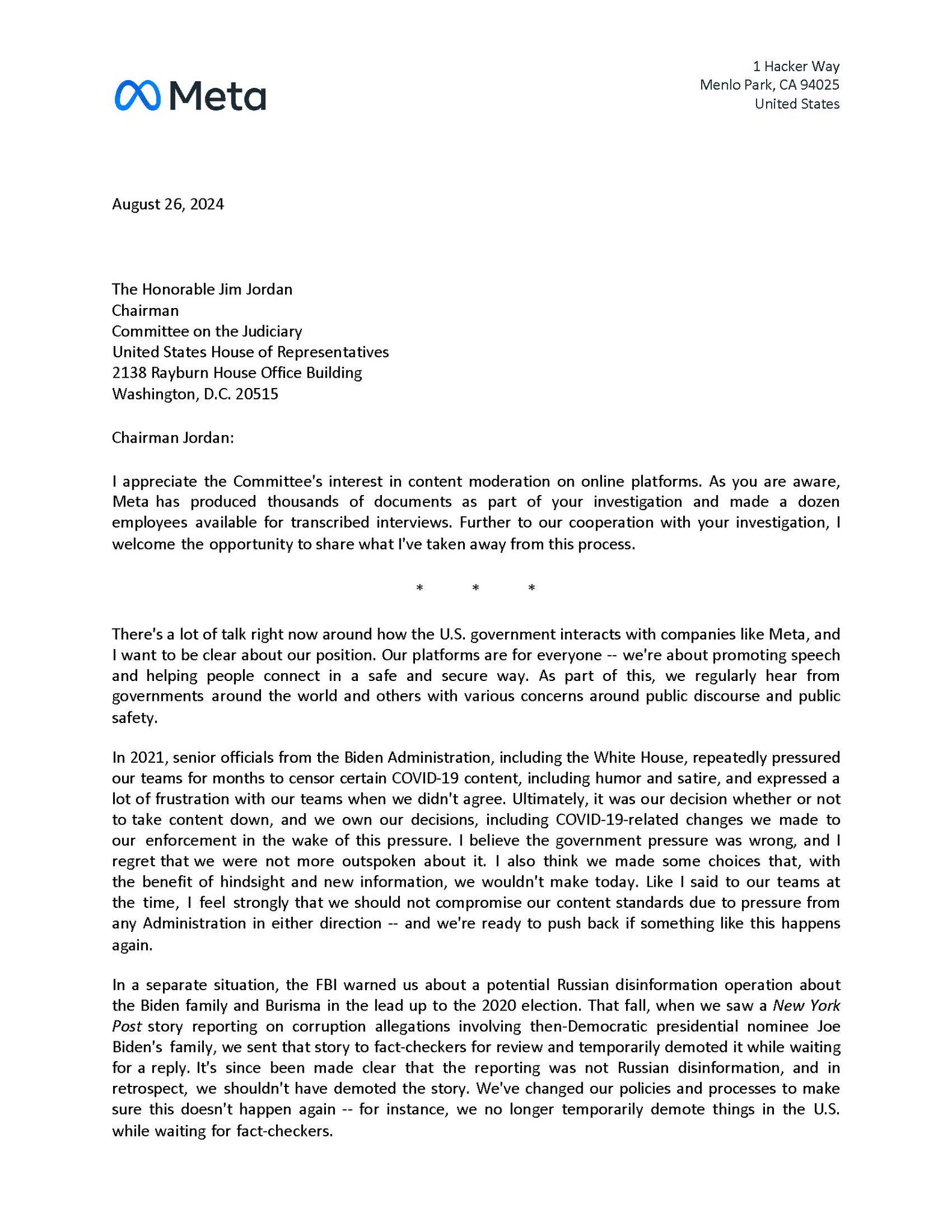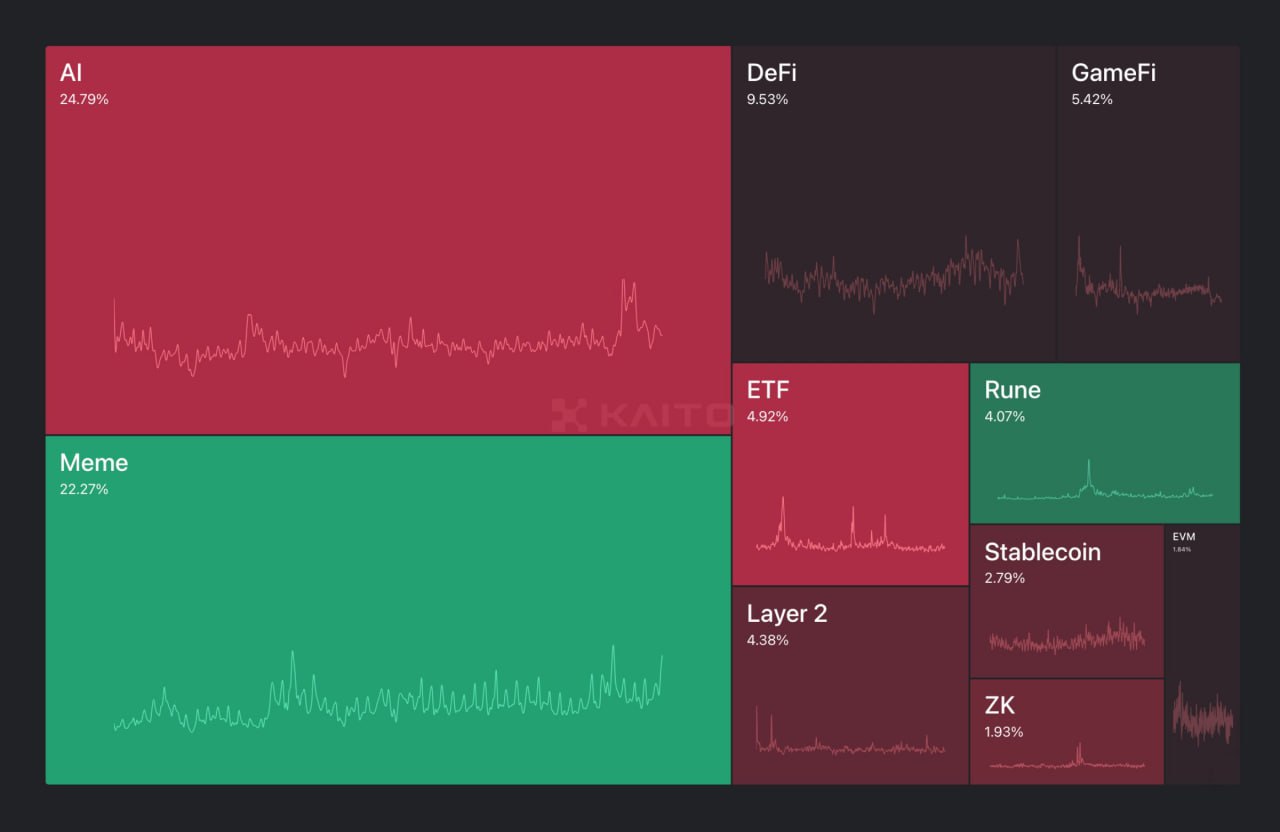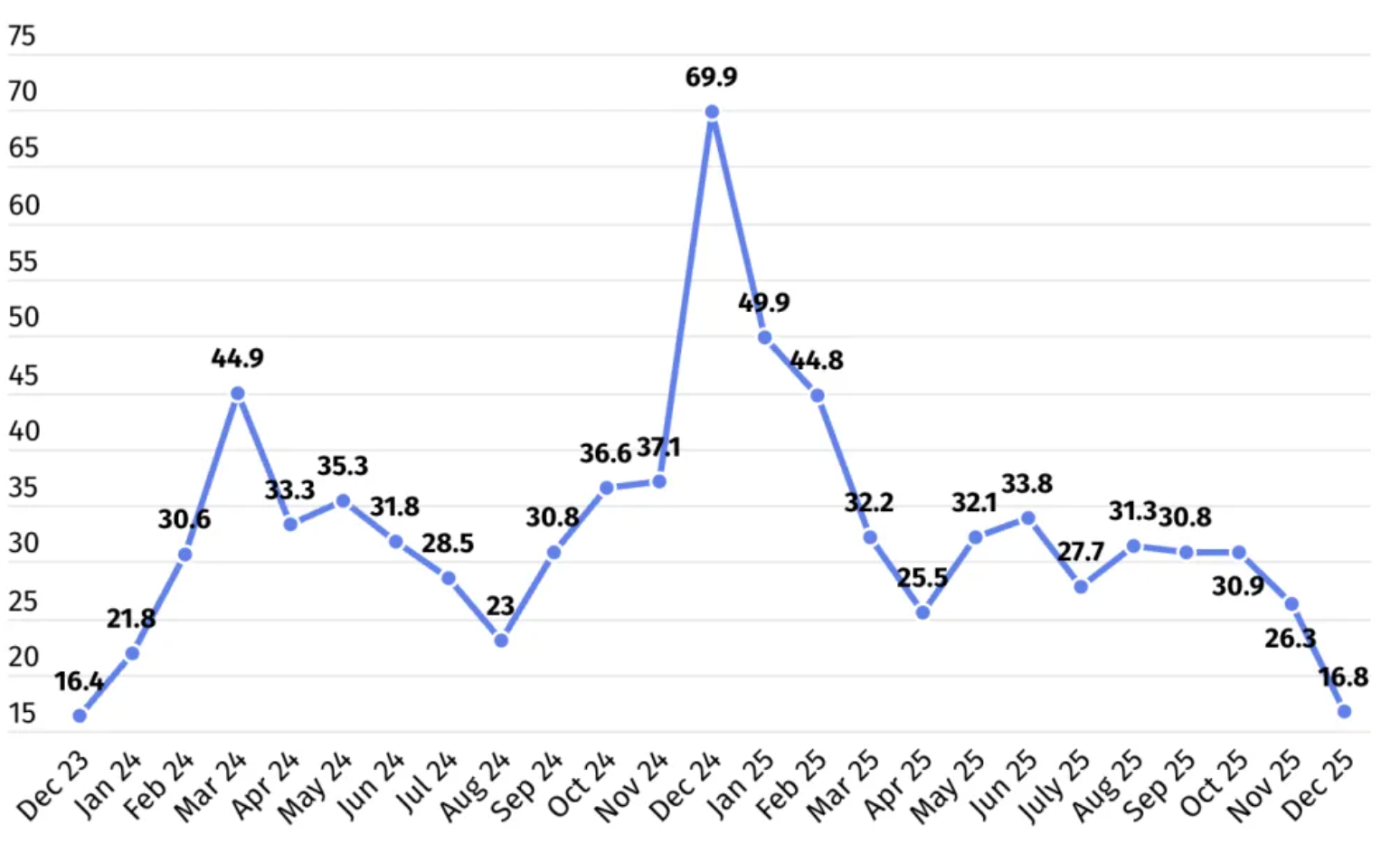During a five-day test, the decentralized supercomputer by Nexus attracted over 1.5 million nodes from 187 countries worldwide.
More than 100,000 nodes operated simultaneously at full capacity. Around 37% of participants connected to the network via smartphones. In countries such as Poland and Ethiopia, mobile devices outnumbered PCs in connections.
“We understood that to scale this global network, we needed to lower the entry barrier, so we made it easy for anyone to connect using any device,” the company stated.
Nexus is developing a supercomputer that combines the computing power of PCs and smartphones globally to create a “verifiable internet.” In June, the company raised $25 million in a Series A funding round.
Despite the decentralized nature of the nodes, Nexus maintains control over the supercomputer’s focus, determining which applications will run on the network.
A similar project is being developed by Internet Computer, which is working on decentralized computing infrastructure.
Notably, in April, Forbes criticized the network, calling it useless.
